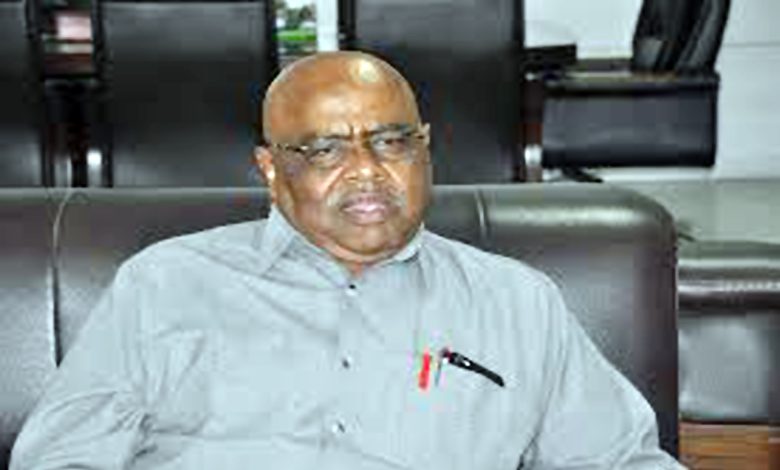Confusion (Tagaddum)!!

Dr. Abdelazim Awad
Tagaddum has ended, just as Forces of Freedom and Change (FFC) did before it, and even earlier, the Sudanese Professionals Association had faded away. These are natural endings for any organization not driven by national conscience but rather subjected to foreign ambitions. As history and past lessons have taught us, “the scum disappears like foam, while what benefits people remains on the ground.”
Anyone following the trajectory of these vague organizations remembers their reckless beginnings, during the days of fiery slogans, and how they hijacked the efforts of young revolutionaries, thrusting themselves into the forefront without any real qualifications. As a result, they plunged the country into a tunnel that ultimately led to the ongoing war, which has devastated everything in its path, leaving Sudanese people scattered across the world, either displaced or refugees.
Our proud people continue to suffer under the weight of unprecedented hatred, planted by these activists during their rule—a period most observers agree was the worst and most chaotic in Sudan’s history since independence. This chaos had nothing to do with the so-called “constructive chaos,” which is supposed to lead to justice and good governance after change. Instead, it was a deliberate anarchy aimed at weakening, or perhaps completely dismantling, the state—serving foreign interests.
Sudanese people still remember, with sorrow, the inflammatory slogans that targeted their army, culminating in what they called the “restructuring” of the armed forces through the framework agreement workshops. These gatherings brought together the worst of the worst—those unfit and rejected—laying the foundation for dismantling the Sudanese state. The current war is merely the next step in the plan to destroy the national army, security forces, and all other national institutions guarding Sudan’s sovereignty, making it easier for foreign forces lurking in the shadows to swallow the country and plunder its wealth.
The “Declaration of Principles” agreement signed by Tagaddum and the Dagalo militia in Addis Ababa in January last year stands as undeniable evidence of the hypocrisy behind their “No to War” slogan. How can those who ignited and fueled the war now claim to be working to end it?
Many rightly argue that the so-called “disassociation” between Tagaddum and those within its ranks calling for a parallel government is nothing more than a political ploy—an attempt to return to power after realizing that the decisive defeat of their military wing is only a matter of time. But that will never happen after a war in which the Sudanese people and their army have made enormous sacrifices, suffering immense losses in lives, properties, and even their future.
No one opposes genuine efforts toward national reconciliation after the fragmentation caused by militia aggression and its political allies. However, this should not come at the expense of justice. Those who committed crimes against Sudan and its people—whether through direct involvement or incitement—must be held accountable.
The state has the constitutional and legal authority to grant amnesty as it sees fit. However, it has no right to forgive on behalf of individuals who have suffered personal losses—whether in lives, dignity, or wealth. That is a personal right, beyond the government’s jurisdiction. “And let those who have wronged know what fate awaits them.”



